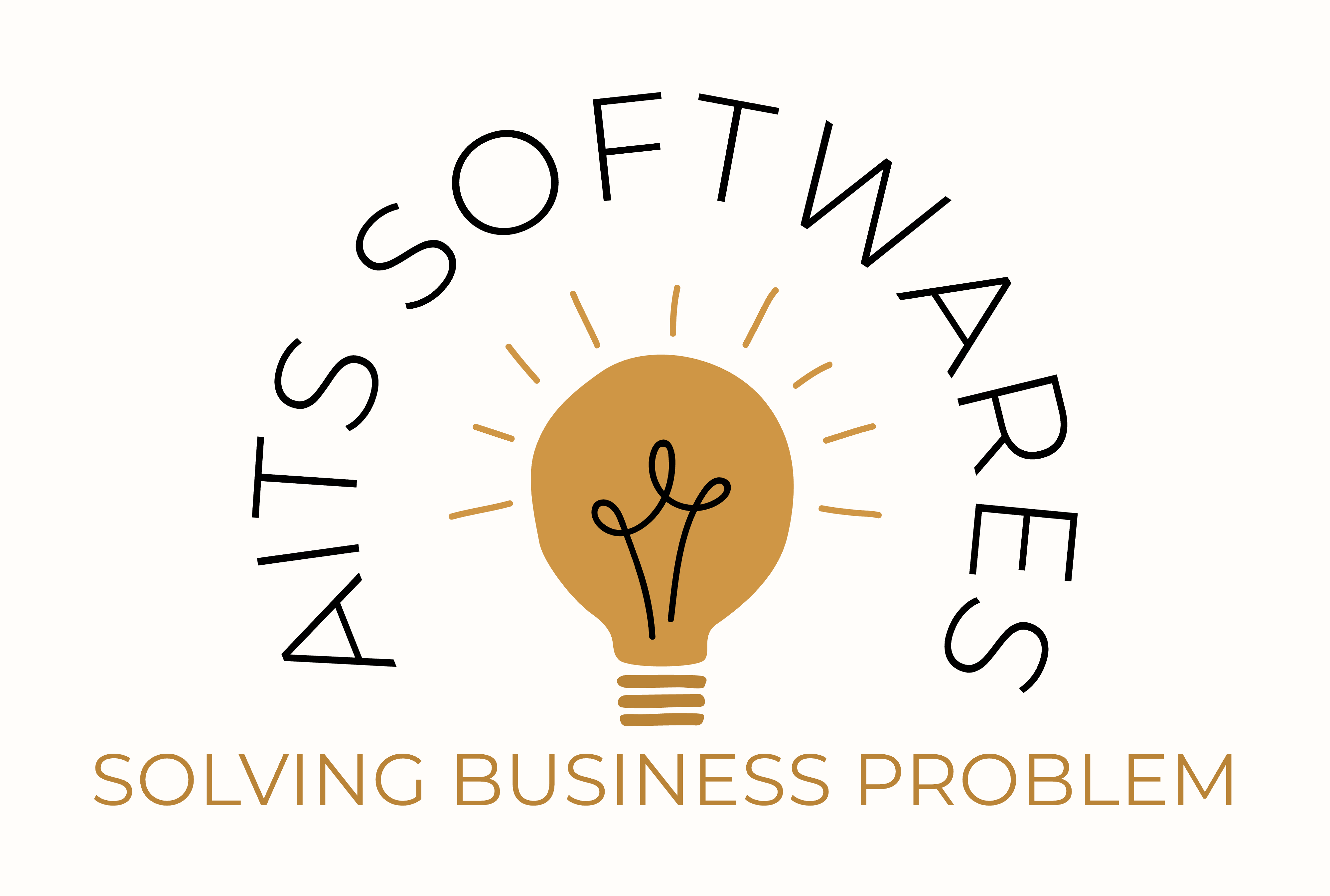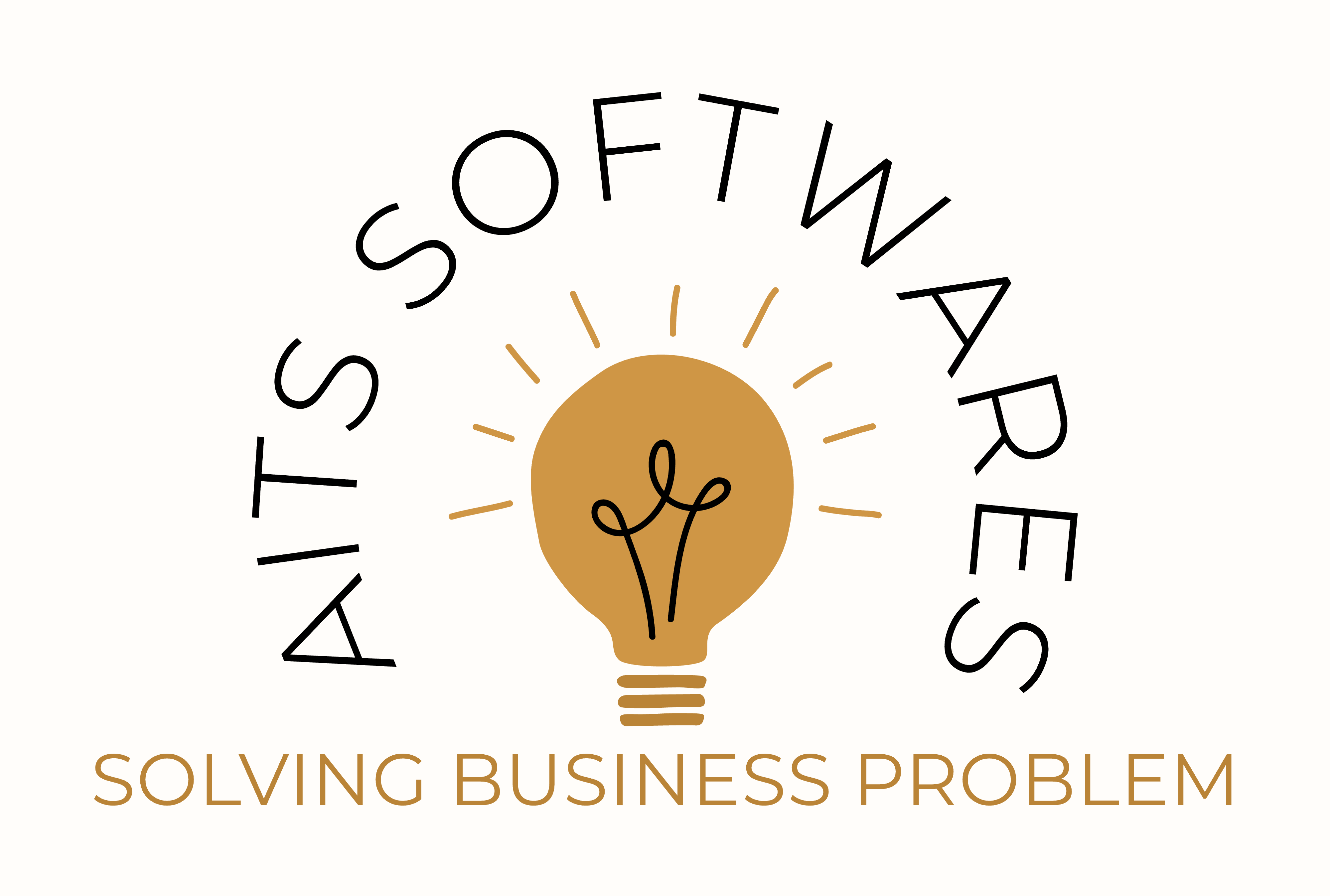Search by Categories
Ecommerce Software by AITS Softwares

Ecommerce Software by AITS Softwares
Ecommerce software is a type of application designed to help businesses create, manage, and run an online store. It provides the tools necessary to handle all aspects of online sales, including product listings, customer management, payment processing, order fulfillment, and marketing. Ecommerce software makes it possible for businesses to establish a robust online presence, facilitating the buying and selling of goods or services over the internet.Key Features of Ecommerce Software:1. Online Storefront Creation:o Ecommerce software allows businesses to design and create their online store. It often comes with customizable templates and themes, so you can build a visually appealing and functional site without needing advanced coding skills.2. Product Management:o The software provides tools to add, manage, and organize products in the store. This includes setting prices, adding descriptions, uploading images, managing inventory levels, and categorizing products for easy browsing by customers.3. Shopping Cart Functionality:o The software includes an integrated shopping cart system that allows customers to add items, review their selections, and proceed to checkout. It also tracks cart contents in real time, adjusting totals for taxes, discounts, or shipping costs.4. Payment Gateway Integration:o Ecommerce software integrates with multiple payment processors (e.g., PayPal, Stripe, Square) to securely process online payments. This allows customers to pay via credit cards, debit cards, or other online payment methods.5. Order Management:o The software helps businesses track and manage customer orders, process payments, update stock levels, and communicate order statuses (shipped, pending, etc.). This ensures a smooth flow from purchase to delivery.6. Shipping and Tax Calculation:o It often includes tools to calculate taxes based on the customer's location and automatically compute shipping costs. Many ecommerce software systems integrate with popular carriers (e.g., UPS, FedEx, USPS) to provide real-time shipping rates.7. Customer Relationship Management (CRM):o Ecommerce platforms typically include CRM features to manage customer accounts, store contact information, track past orders, and personalize marketing efforts. This helps in building customer loyalty and increasing sales through targeted promotions.8. SEO Tools:o Ecommerce software often includes built-in Search Engine Optimization (SEO) tools that help optimize your website’s content and structure for search engines. This includes optimizing product pages, meta tags, URLs, and images to rank higher in search engine results.9. Mobile Compatibility:o Many ecommerce software solutions offer mobile-friendly features or mobile-optimized themes, ensuring customers can easily browse, shop, and checkout on smartphones and tablets.10. Marketing and Promotion Tools:o Most ecommerce platforms come with features for running promotions, discounts, coupons, and flash sales. Some offer email marketing integrations or built-in tools for retargeting ads and managing customer loyalty programs.11. Analytics and Reporting:o Ecommerce software provides detailed insights into store performance, such as sales data, traffic reports, customer behavior, and product performance. This helps businesses make data-driven decisions to optimize sales and marketing efforts.12. Security and Compliance:o Security is a crucial aspect of ecommerce. The software often includes SSL encryption, PCI compliance for secure payment processing, and tools to protect customer data from cyber threats.Types of Ecommerce Software:1. Hosted Ecommerce Software (SaaS - Software as a Service):o Hosted ecommerce platforms are cloud-based solutions where the software is managed and maintained by the provider. Users pay a subscription fee to use the platform, and the hosting, security, and software updates are taken care of by the provider. Popular examples include: Shopify BigCommerce Wix eCommerce Squarespace CommercePros: Easy to use, requires minimal technical knowledge, no need to worry about server management, includes hosting and updates.Cons: Less flexibility for customization, monthly subscription fees.2. Self-Hosted Ecommerce Software:o With self-hosted ecommerce platforms, businesses need to purchase web hosting and install the software on their own server. This type of platform offers more flexibility in terms of customization and control. Examples include: WooCommerce (for WordPress) Magento PrestaShop OpenCartPros: Greater control, highly customizable, one-time fees (often).Cons: Requires technical skills, needs self-managed hosting and security.3. Marketplaces:o Some businesses choose to sell their products on established online marketplaces, which provide ecommerce software as part of their platform. Examples include: Amazon eBay EtsyPros: Established customer base, easy setup.Cons: Less control over branding, fees and commissions, competition with other sellers.Benefits of Ecommerce Software:1. Simplified Store Management:o Ecommerce software streamlines the entire process of running an online store, from product management to order processing, making it easier for business owners to manage operations.2. Increased Reach and Sales:o By enabling online sales, businesses can reach customers worldwide, even outside of their local geographic area. This can significantly boost sales opportunities.3. Improved Customer Experience:o With intuitive interfaces, secure payment options, personalized recommendations, and easy checkout, ecommerce software can create a seamless and pleasant shopping experience for customers.4. Cost-Effective:o Especially for smaller businesses, ecommerce software can be more cost-effective than maintaining a physical store, reducing overhead costs such as rent and utilities.5. Scalability:o As a business grows, ecommerce software can scale with it. Many platforms offer add-ons or higher-tier plans that enable business owners to expand their operations easily.6. Data-Driven Insights:o The reporting and analytics tools help businesses understand consumer behavior, identify best-selling products, and track revenue streams, leading to more informed business decisions.
Key Features
Rating
Software Rating
0 average based on 0 reviews.
Operation System
windows
Device
desktop,mobile
Software Images

User Reviews
Top Search Categories
- Accounting Softwares
- Artificial Intelligence Softwares
- Billing & Invoicing Softwares
- Business Intelligence Softwares
- Call Center Softwares
- CRM Softwares
- Digital Marketing Softwares
- E-commerce Softwares
- ERP Software
- Event Management Software
- Architecture Softwares
- Facility Management Software
- Financial Management Software
- Firewall Management Software
- GST Software
- Helpdesk Software
- Hospital & Lab Management Software
- Hotel Management Software
- Human Resource Software
- Insurance Software
- Learning Management System
- Legal Software
- Live Chat Software
- Manufacturing Software
- Marketing Software
- Medical Software
- Project Management Software
- Property Management Software
- Retail POS System
- School & Library Management Software
- Supply Chain Management Software
- Tour & Travel Management Software
- Transport Management Software
- VPN Software
- Warehouse Management System


